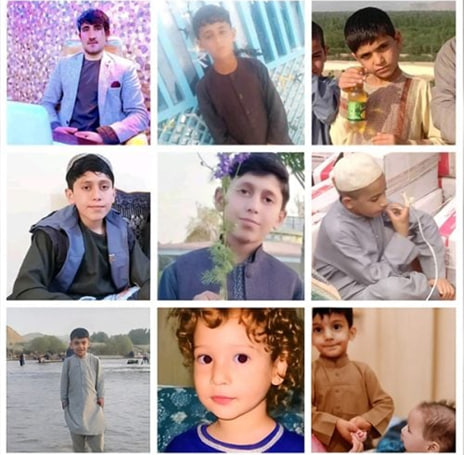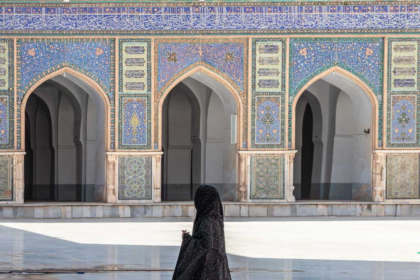RASC News Agency: In a disturbing development from Kandahar the symbolic and operational heartland of the Taliban regime and the spiritual fortress of its reclusive leader, Hibatullah Akhundzada at least nine children have reportedly been abducted within a span of just three days, plunging the province into a state of panic and despair. This alarming wave of child disappearances has raised grave concerns among residents and human rights observers alike, who now question not only the deteriorating security situation but also the Taliban’s glaring inability or unwillingness to respond.vLocal sources who spoke with media confirmed that kidnappings and criminal activity, including theft and extortion, have dramatically increased in recent weeks. The abduction of children, once considered rare, has now taken on a systematic and chilling frequency. Families of the missing children, whose names, ages, and contact information have reached this news agency, report receiving menacing phone calls from abductors demanding hefty ransoms for the safe return of their sons and daughters.
Despite the Taliban’s boastful narrative of having established “nationwide security” since their violent takeover in August 2021, Kandahar the movement’s ideological cradle and de facto administrative capital has emerged as a hotspot of lawlessness. These incidents shatter the regime’s tightly controlled propaganda and reveal a sobering truth: not even the Taliban’s own heartland is immune from criminal chaos. This wave of abductions unfolds under the watchful eye of a regime that has stationed armed fighters at nearly every intersection, checkpoint, and government building in Kandahar. And yet, in a paradox that few dare to voice publicly, kidnappers appear to operate with stunning impunity. Numerous residents now whisper what they cannot say aloud: Are some of these crimes being facilitated or perhaps even committed by individuals embedded within the Taliban’s own ranks?
Such suspicions are not unfounded. Eyewitnesses and residents have quietly suggested that certain Taliban fighters, under the cloak of night, may be moonlighting as criminals abductors by evening, enforcers by day. In an environment where institutions have collapsed, oversight is nonexistent, and dissent is silenced with brute force, it becomes nearly impossible to hold anyone accountable especially those wearing the Taliban’s black turban. Worse still, the Taliban authorities have failed to issue a single official statement regarding the recent kidnappings. Their silence is not merely an absence of accountability it is a brutal form of complicity. By ignoring these abductions, the regime continues to erode public trust while deepening the culture of fear that has engulfed everyday life in Kandahar and beyond.
Across Afghanistan, a growing number of families have turned to social media in desperation, posting photographs of missing loved ones and pleading for help. These digital cries for justice are often the only avenue available in a country where independent media has been systematically dismantled, human rights organizations are muzzled, and the judiciary is now little more than a tool of ideological repression. The Taliban’s failure to maintain security in its own symbolic stronghold sends a chilling message to the rest of Afghanistan: if Kandahar seat of their power and spiritual legitimacy is no longer safe for children, where in the country can any family feel secure?
This latest crisis in Kandahar offers more than a glimpse into localized criminality. It serves as yet another damning indictment of a regime that cloaks itself in religious authority while presiding over the unraveling of social order. With the country mired in economic collapse, humanitarian disaster, and growing internal dissent, the Taliban’s myth of “restored security” is rapidly crumbling. And for the families of the nine missing children, no decree from Hibatullah, no armed checkpoint, and no silence from the regime can ever explain the terror of an unanswered knock or an empty bed at night.






